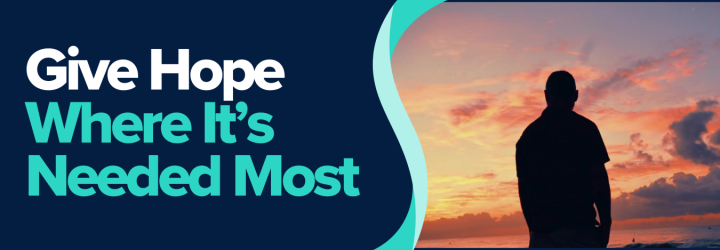
This Week's News in Substance Use: 6/2/17
Express Scripts Sues Maker of Overdose Drug, Intensifying Feud, The New York Times
“A company that manages prescription drug plans for tens of millions of Americans has sued a tiny drug maker that makes an emergency treatment for heroin and painkiller overdoses, increasing the tension between the companies that make drugs and those that decide whether they should be covered.
Express Scripts, the nation’s largest pharmacy benefits manager, is suing Kaléo, the manufacturer of Evzio, the injectable overdose treatment whose price quintupled last year, drawing widespread outrage and inquiries from members of Congress. Express Scripts claims it is owed more than $14.5 million in fees and rebates related to Evzio, and it has dropped the drug from its preferred list.”
Science Says: What's Known and Not Known About Marijuana, U.S. News & World Report
“A new marijuana study joins a limited record of scientific knowledge about the harms and benefits of pot.
The research published Wednesday is the first rigorous test of a marijuana compound in treating a certain form of severe epilepsy. It found that an ingredient of marijuana — one that doesn't give pot smokers a high — reduced the number of seizures in children.”
Health Officials Vow to Develop Drugs to Curb the Opioid Epidemic, The Washington Post
“Top federal health officials said Wednesday that they will launch a joint effort with pharmaceuticals companies to accelerate the development of drugs aimed at helping to curb the U.S. opioid epidemic.
Francis S. Collins, director of the National Institutes of Health (NIH), and Nora D. Volkow, who heads one of its components, the National Institute on Drug Abuse (NIDA), announced a public-private partnership aimed at cutting in half the time ordinarily needed to develop new therapies.”
From the ER to Nowhere: GOP's Health Care Bill Threatens Opioid Addiction Treatment, NPR
“Today, if your loved one presented themselves to almost any emergency room solely looking to get treatment for his addiction, he's likely to get what amounts to a routine physical exam, a discharge packet with a list of phone numbers to detox facilities and a pat on the back.
In the midst of what is the biggest public health crisis since the AIDS epidemic in the mid-1990s, we also have an enormous treatment gap that is exposed nightly in our state's emergency rooms.”
The Tech Startup Bringing Addiction Recovery to The Workplace Through Science and Design, Forbes
“The workplace can be difficult when you’re struggling with addiction. Everyday stressors and the fear of stigma related to substance abuse issues often keep many silent about their struggle – without help or support. Today, more than 22 million people are reported to be facing addiction, making it inevitable that these individuals are also our colleagues, employees and leaders.
Enter Workit Health, a digital addiction treatment platform that helps people find recovery, giving them access to help anytime, anywhere.”
Your Mind Can Be Trained to Control Chronic Pain. But It Will Cost You, STAT News
“There used to be hundreds of integrated pain management centers all across the country. But in the ’90s, the insurance market shifted; more patients joined managed care plans that limited them to a narrow network of doctors. Then in 1996, the powerful opioid OxyContin hit the market. It quickly became the tool of choice for controlling pain.
Soon, there were just four major integrated pain management centers left: Mayo Clinic, Johns Hopkins University, Cleveland Clinic, and Stanford University.”
How to Talk to Your Kids About Addiction, Chicago Tribune
“Opening up to your children about your addiction or that of a loved one is kind of like telling them about the birds and the bees. You want to be honest and informative, yes, but you want to tailor the details to their age, comprehension level and comfort. Their comfort, not yours, because discussing what you or other family members are going through now — or went through in the past — is bound to be painful for you.”
